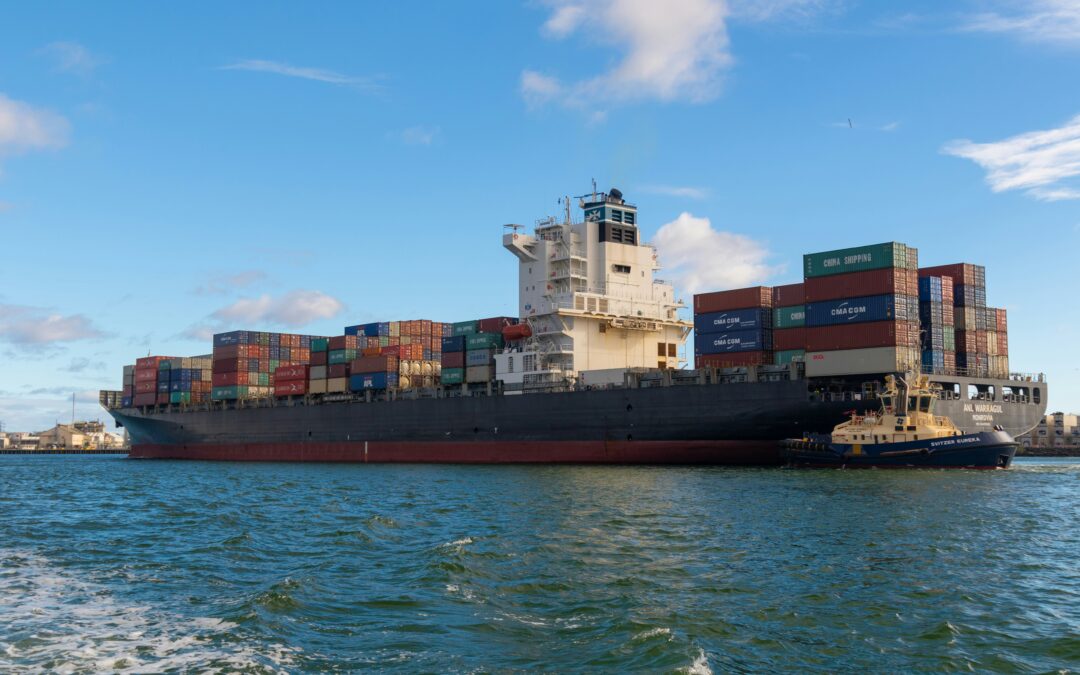The global maritime industry is at a critical juncture, as the urgency to reduce greenhouse gas emissions has reached unprecedented levels. In response, the International Maritime Organization (IMO) has introduced a series of ambitious measures to address the environmental impact of international shipping. Chief among these is its landmark strategy adopted by the IMO in 2018, which sets a long-term goal of achieving net-zero emissions from international shipping by 2050 and would bring about transformative changes in how ships are powered and operated.
This strategy is central to transitioning from traditional fossil fuels, like heavy fuel oil, to alternative, cleaner energy sources. Equally important are measures to enhance energy efficiency on vessels, promote carbon pricing mechanisms, and establish green shipping corridors that facilitate sustainable infrastructure deployment across key global ports.
For countries like Nigeria, a major player in Africa’s maritime economy, and a key link in global shipping networks, aligning with this global framework presents both notable difficulties and vast opportunities for players within the industry. Nigeria’s strategic location along critical trade routes, combined with its reliance on maritime trade, makes its role in this global transition especially important.
This article examines the IMO Net Zero framework, particularly highlighting the steps taken, the challenges faced, and the opportunities that await international players within the Nigerian Maritime industry.
Open PDF to continue reading>>

